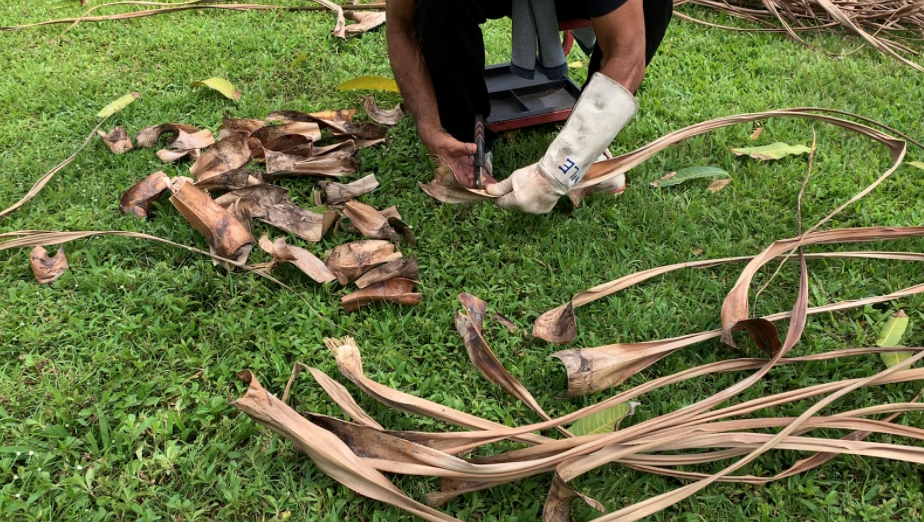Published in the Fall / Winter 2016-17 ICI Brochure
How would you define your work as a curator? What are the most pressing challenges you face?
I’d define my work as building unexpected bonds between different circles of thought, generating sensible environments of thinking and feeling together. I’m always on the look out for new meaning, and I try to find the best means ideas to be realized of course. Defining my work as curatorial work is in itself one of the most pressing challenges, and I think it is a generational question. Surrounded by the current political atmosphere, we have a harder task to work with the multiple temporalities we are actually made of but suppress.
The public funds available for the arts in the 1990s and 2000s in Europe—that shaped many contemporary art organizations and created the means for a new generation of curators to challenge institutions—are now being cut. How to expand those spaces and restructure our ideas in this context is a key question and another challenge.
Who are the artists you are excited to work with right now?
In the first half of the year I worked with Gulsun Karamustafa on her retrospective at Hamburger Bahnhof, which has taught me the discipline of in-depth research into 40 years of artistic production. It was exciting to unlearn all I knew all about Turkish contemporary art history. And for an upcoming exhibition I am working with two established artists from Romania and Turkey again, Geta Bratescu and Osman Dinc. So many good artists live in Berlin. I feel very lucky to continue fruitful ongoing conversations about different processes with Susanne Winterling, Pilvi Takala, Julieta Aranda, Bouchra Khalili, Susanne Kriemann, Banu Cennetoglu and Mariana Castillo Deball. I recently started to work with London-based Karen Mirza and Brad Butler on their new production, which will add another muscle to my curatorial world.
Are there any essays/books, exhibitions, or artists we should watch out for?
The inspiring Making and Unmaking curated by Duro Olowu at the Camden Arts Center this summer made me question the formal restraints of curatorial thinking. I hope it can travel to other venues. I am looking forward to Fred Moten’s upcoming book ‘consent not to be a single being’. I find important to read Paul Preciado’s Testo-Junkie and The Politics of Everybody: Feminism, Queer Theory and Marxism at the Intersection, particularly as we suffer today from a male curse and a masculinity crisis in world politics. A silent classic of modern Turkish literature by Sabahattin Ali was recently translated and published by Penguin, Madonna in a Fur Coat. The first names of people to watch out for that come to mind are: Adriana Minoliti, Osias Yanov, Rodrigo Hernandez, Kasper Bosmans, Cooking Sections and Hera Buyuktasciyan.
What upcoming projects are you working on?
I follow many tracks at the same time; it is the life of the independent curator. Currently, I am preparing a new exhibition highlighting the need to rephrase our questions if the answers we get do not explain our general discontent. I am also working on a film program for Qalandiya International’s touring program in Ramallah. And in the Steirischer Herbst festival, in Austria, I will have the opportunity to further my inquiries related to father figures and the “male curse” in politics. In the meantime I am looking for means to continue programming for YAMA screen in Istanbul. Our screen went black since it was identified as visual pollution by the municipality… so we are making our counter arguments.
Övül Ö. Durmusoglu is a curator and writer based in Istanbul and Berlin. She is the director/curator of YAMA screen in Istanbul. She participated in the Curatorial Intensive at Inhotim, Brazil, 2012.
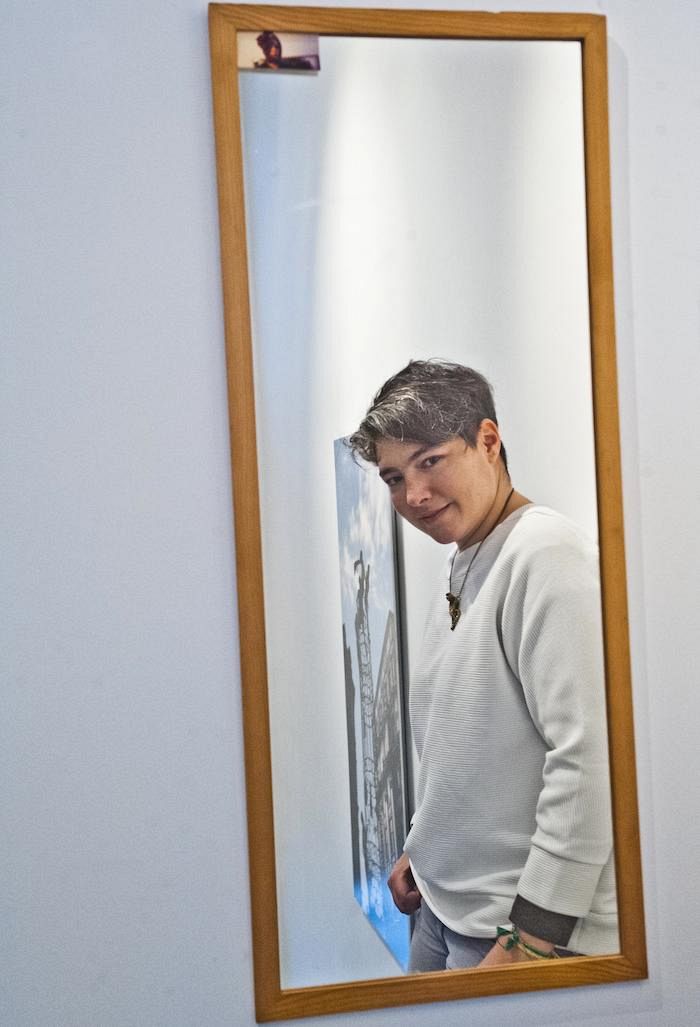
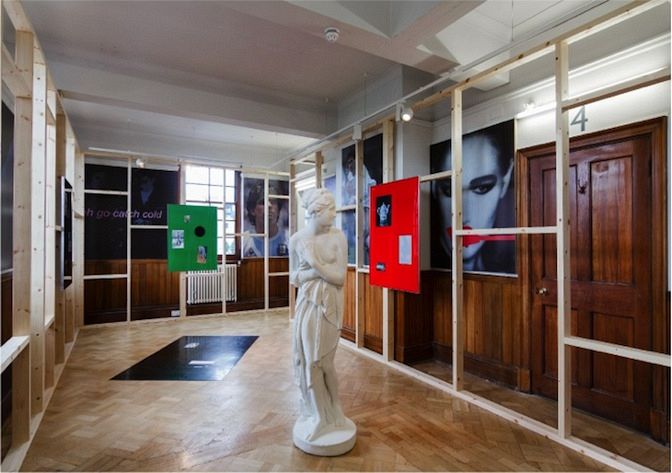

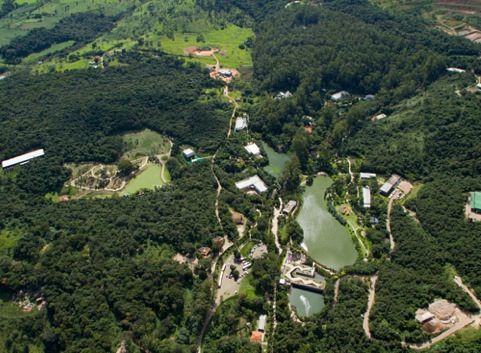
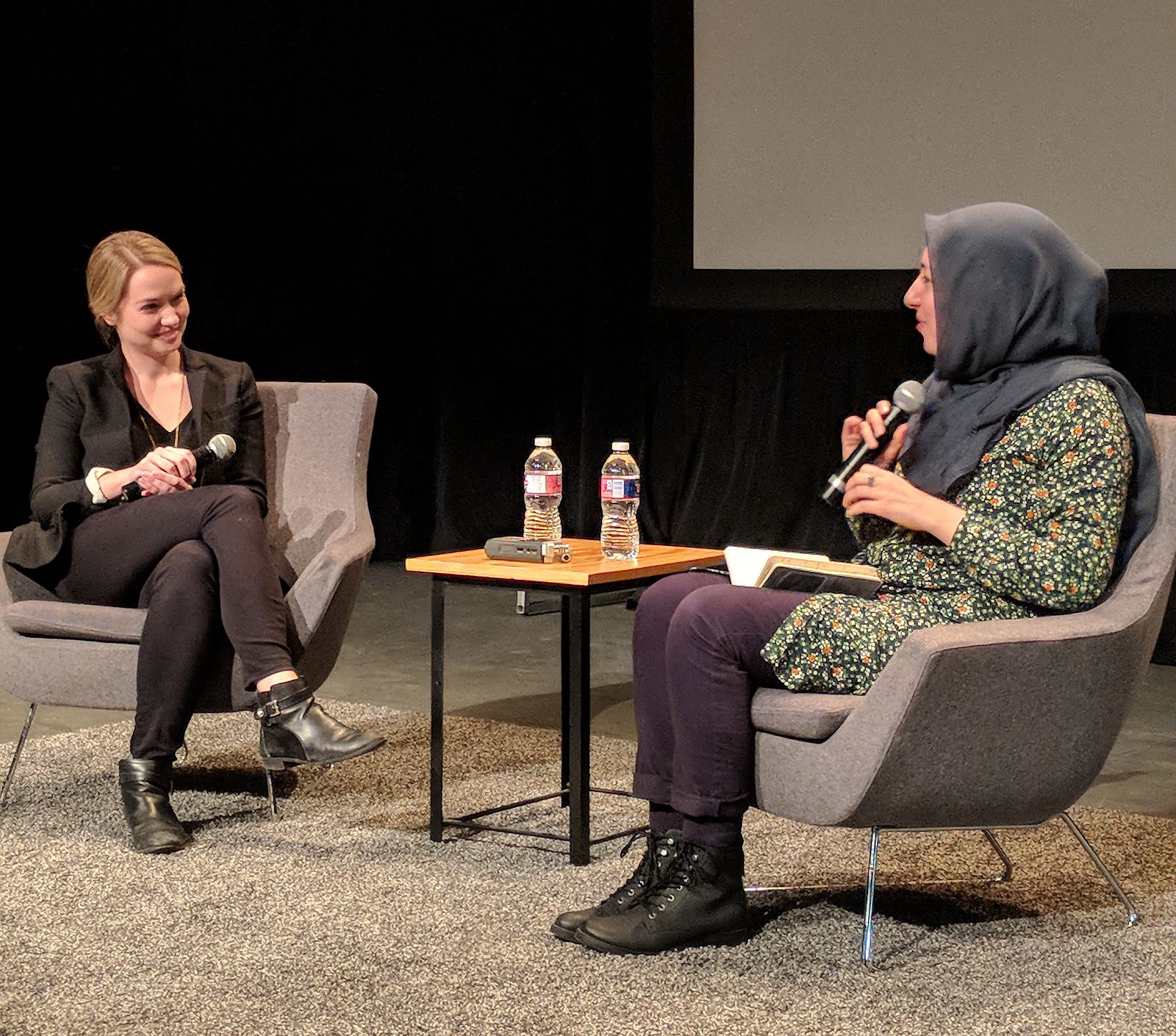
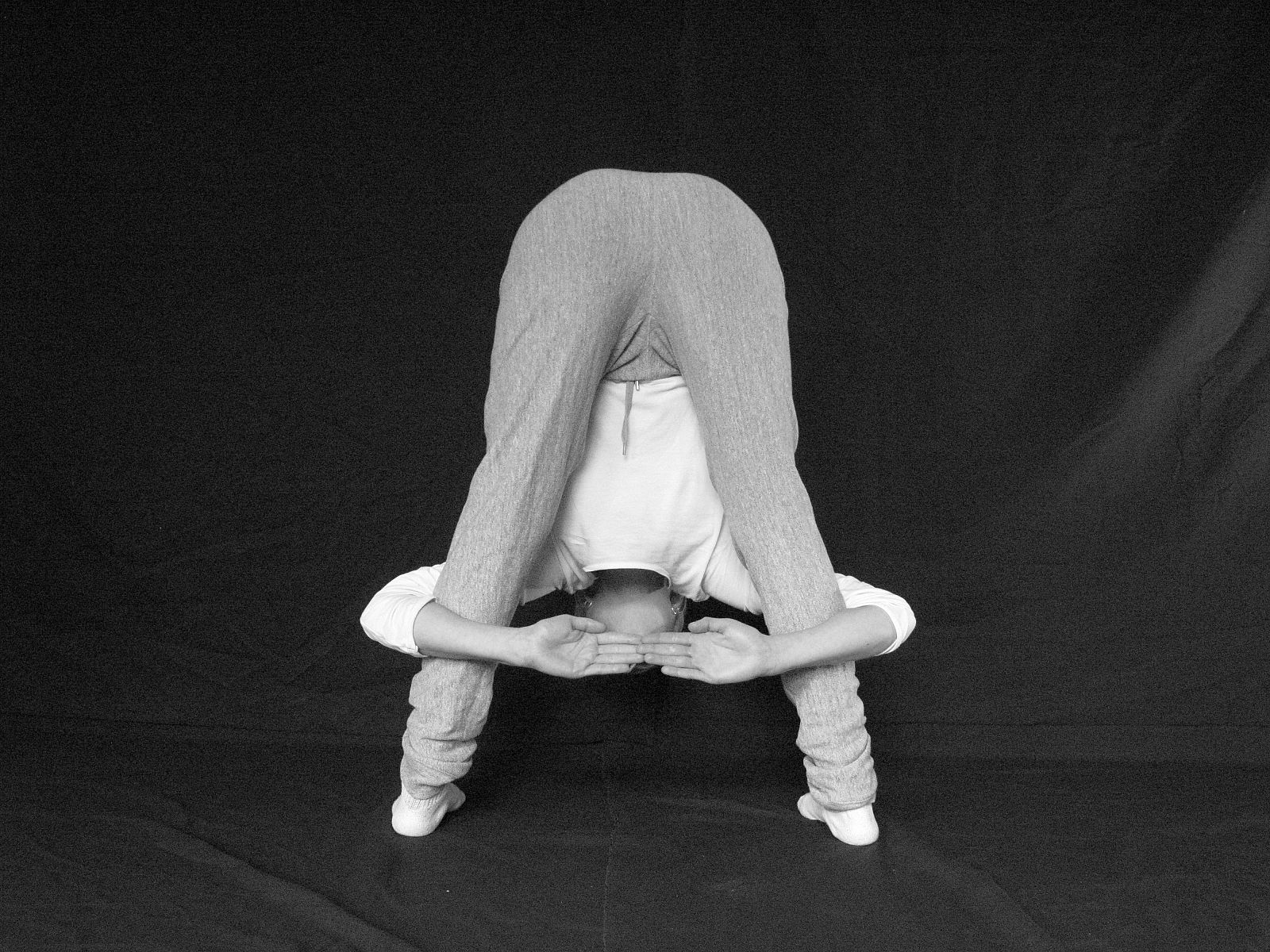
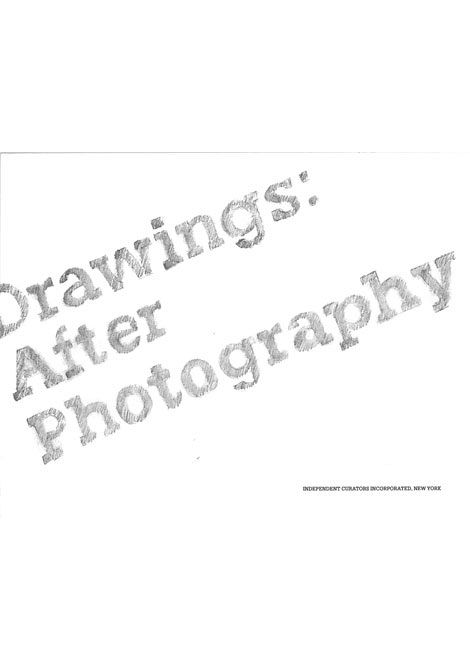
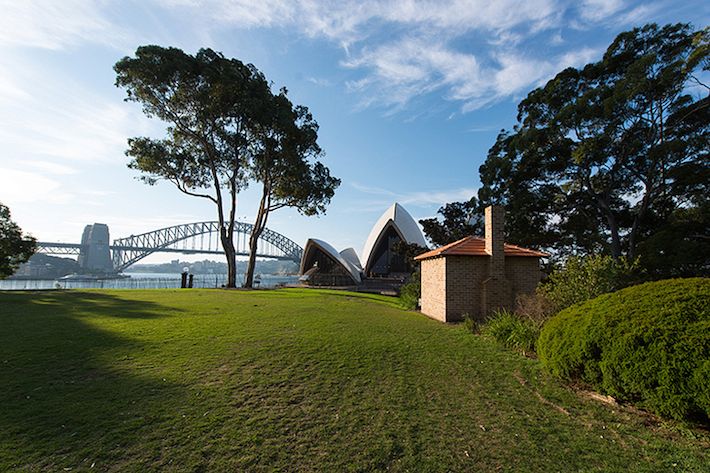
__2003_(video_still).jpg?w=1600)
